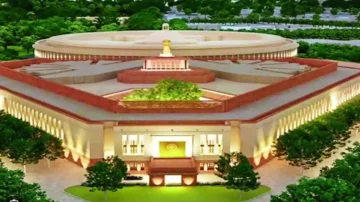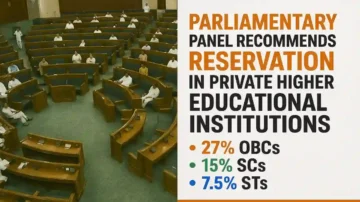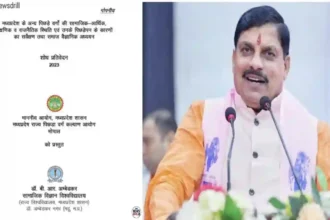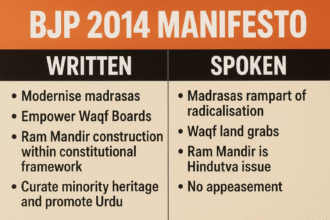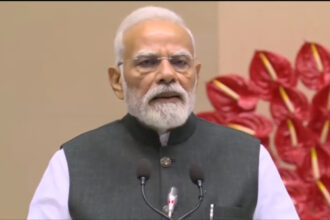The Congress (INC) party has raised a fresh demand for reservation in private educational institutions, sparking a new debate on affirmative action in India’s education system. Party leaders argued that social justice cannot be limited to government colleges and universities alone. They stressed that with the rapid growth of private universities and colleges, it has become necessary to extend the benefits of reservation policies to ensure fair opportunities for students from marginalized communities.
- Congress demanded reservation for SC, ST, and OBC students in private educational institutions.
- Party argued social justice should extend beyond government colleges and universities.
- Congress said lack of quotas in private colleges disadvantages marginalized communities.
- Supporters cited government concessions to private institutions as grounds for social responsibility.
- The demand is expected to influence political debates ahead of elections.
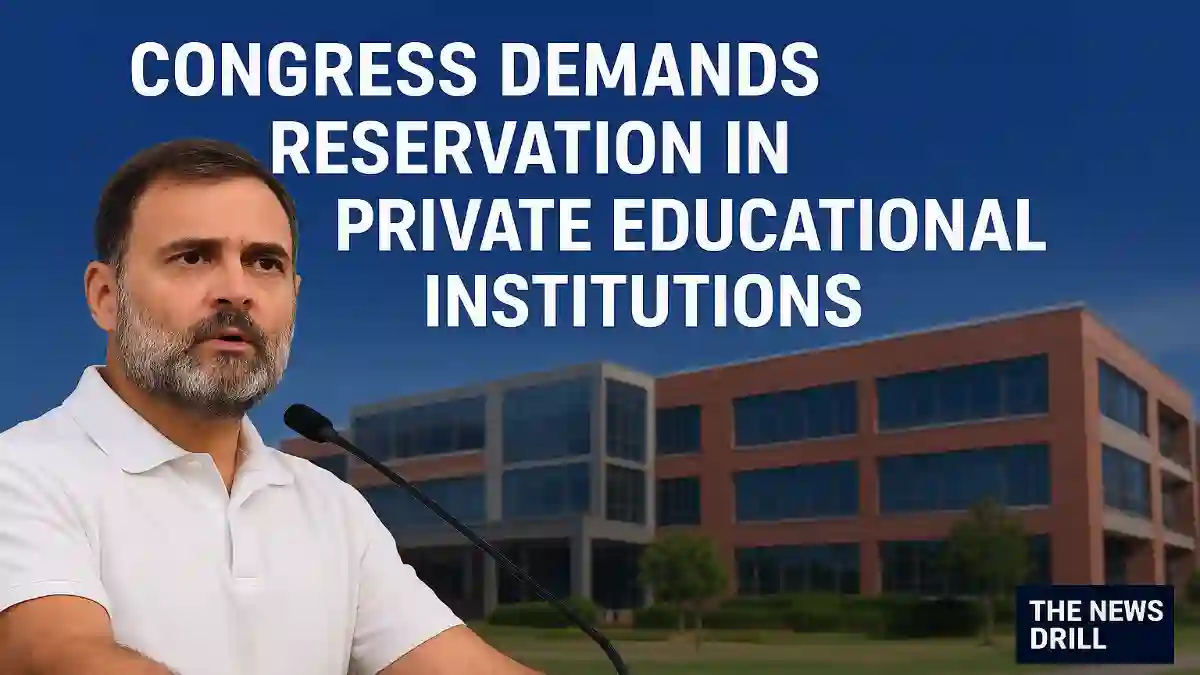
Congress spokespersons highlighted that the existing system provides Scheduled Castes (SC), Scheduled Tribes (ST), and Other Backward Classes (OBC) reservations in government run educational institutions. However, with private players dominating higher education in India, the lack of reservation in private educational institutions has created a gap that disadvantages weaker sections.
According to the party, the principle of equity and inclusiveness should not change based on whether an institution is public or private. They pointed out that students from underprivileged backgrounds are increasingly seeking admission to private colleges due to limited seats in government universities. Without reservation in private educational institutions, these students face financial and social barriers that hinder their educational growth.
The Congress demand is expected to fuel political discussions ahead of upcoming state and national elections. Many opposition leaders believe this move could strengthen the social justice narrative, while critics argue that imposing reservation in private educational institutions may discourage private investment in higher education. Some educationists have also expressed concerns that private universities, which already operate under financial pressure, may struggle to implement such policies without government support.
Supporters of the proposal, however, see it as a long-overdue reform. They argue that since private institutions benefit from tax concessions, land grants, and other government incentives, they also carry a social responsibility to promote inclusivity. Ensuring reservation in private educational institutions, according to them, is not only a step towards equality but also a moral obligation.
The debate over extending quotas has been ongoing for years. Earlier, similar discussions arose when certain states attempted to introduce policies on reservations in the private sector. Now, with Congress bringing the issue back into the spotlight, the demand for reservation in private educational institutions is likely to become a major talking point in Indian politics and education policy in the coming months.

